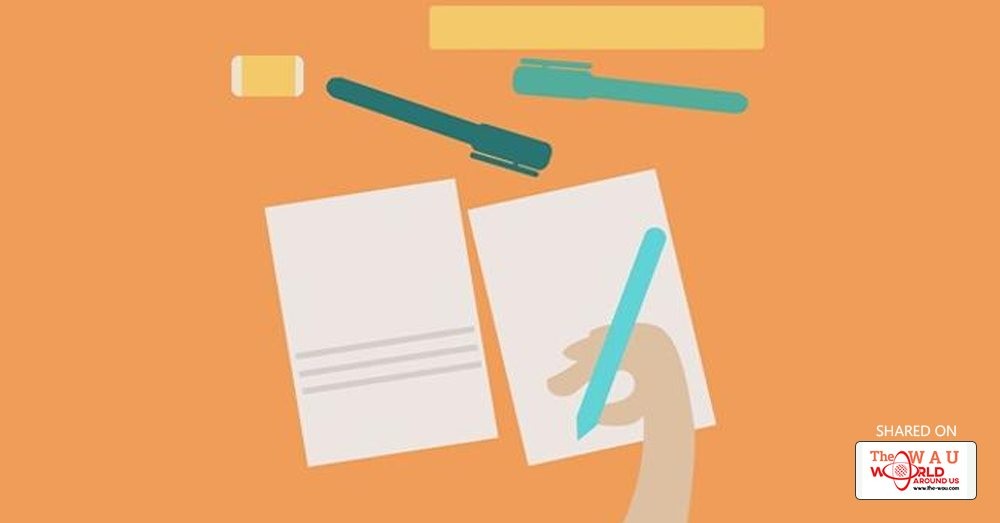Getting good grades is very important. It is one of the fundamental factors that will shape your future and success in life. Yes, we all have heard the stories of brilliant brains like Edison, who never received any formal education or success stories of dropouts like Steve Jobs and Mark Zuckerberg.
But these stories happen very rarely, once in many millions, and to every Zuckerberg and Jobs, there are plenty well educated Sergey Brin, Larry Page, and Elon Musk. With many students on the verge of starting a new academic year, and the competition for top colleges and universities admissions, as well as success in competitive exams getting tougher and tougher, it is time to study not just harder, but smarter. So, here are 6 efficient study strategies that are backed by works from cognitive psychological scientists Megan Smith of Rhode Island College, Yana Weinstein of the University of Massachusetts Lowell, and Cindy Wooldridge of Washburn University.
1.Spacing

We have all been there, pulling an all-nighter, cramming before the exam. Yes, in most cases you can pass that particular exam with excessive cramming, but in long run, it is terrible to study practice to follow. Additionally, the sleep deprivation as a result of pulling all-nighter will negatively affect your memory and performance during the test.
According to Megan Smith, spacing is the correct strategy to adopt. She says instead of spending 5 hours cramming everything the night before the exam, spread that 5 hours across one week, in chunks one or two hours for better memorization. You can read about how to use Spaced Repetition to improve your memory here.
2.Interleaving

Interleaving may sound like a complicated term, but the concept is simple. According to research, you shouldn't study one idea for a longer period of time. Instead, you should change up the topics often, after you gained a decent understanding of the topic you have been studying. After the study session, try a different order for reviewing material. This will help you to find links and similarities between different ideas or topics you have been studying.
...[ Continue to next page ]
Share This Post















